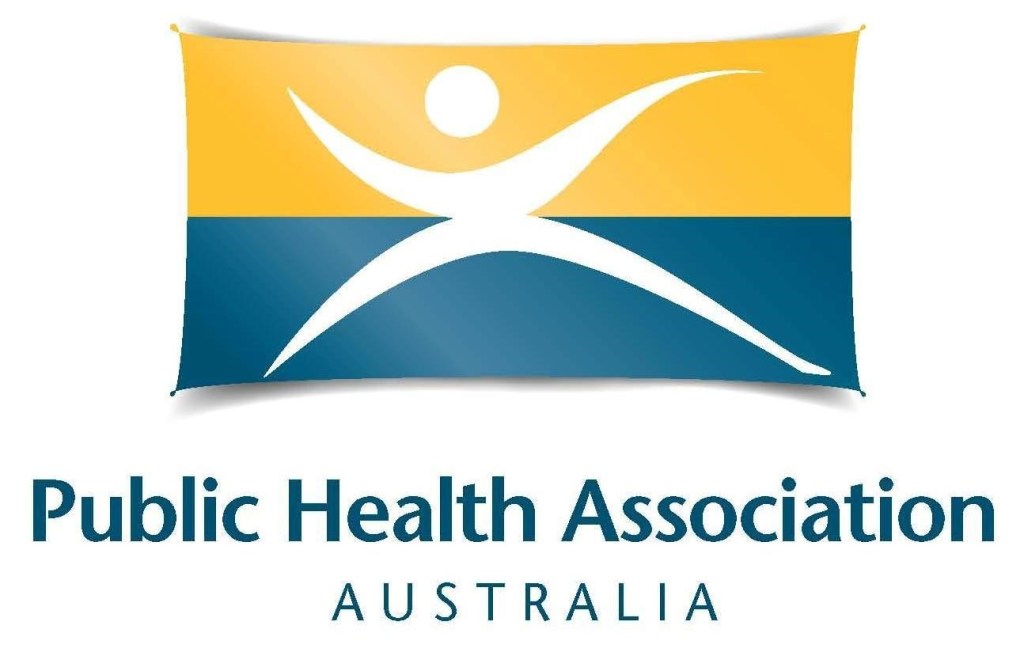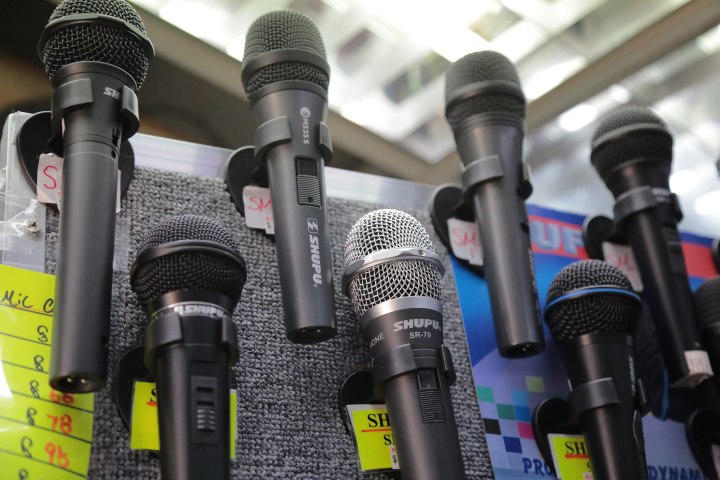Adjunct Professor Tarun Weeramanthri – President, PHAA
As I write this on Sunday, I can hear the sound of the cricket coming from the TV in the next room. Between Christmas and Australia Day used to be the time many of us could take a break from work and enjoy the Australian summer. But the heat and bushfires of 2019-20 changed that, and now January 2022 is shaping up to be as significant as March 2020 in the COVID-shaped world we all now live in. The first week has felt like a month, the country is divided, controversy is everywhere, and so much of what we value is at stake.
So, what should we do that could make a positive difference to all our lives, and help manage the self-evident risks we now all face? Everyone could come up with a list of ten things, and many respected commentators are usefully offering such prescriptions. But the truth is, whatever the value of those suggestions, they may not be listened to. Government leaders seem to be struggling to accept there are lessons to be taken from the disastrous policy steps taken last month, in December 2021, let alone learn from the last two years. Our federation is creaking, National Cabinet is increasingly ineffective, and there is a vacuum of leadership at multiple levels.
Last November, PHAA outlined its seven-point advocacy platform in the run-up to this year’s Federal Election. Not surprisingly, investing in preventive health and the public health workforce are two of the points. A healthy democracy and public policy-making is another. We have consistently argued that the societal response to COVID-19 should be based on fundamental long-standing public health principles including a preventive, precautionary and proportionate approach. But even this now seems controversial. As a society, we are at risk of ‘ploughing on regardless’ and compounding our errors.
So, I’m not going to add to the lists of answers to ‘What should we do?’, but make one request that might turn the heat up on accountability. ‘Could we please hear the questions at press conferences?’
Two years into the pandemic and many thousands of press conferences being ‘streamed live’ later, I still turn on the TV and most often can hear only a politician or government official speak. I actually want to hear the question, know who asked it, and hear the answer. Radical, I know. Either there is a shortage of microphones, a critical lack of sound engineers, or this is a deliberate strategy to create a one-way flow of information, rather than a real conversation.
Why is this important? Why do I care? Because the media represent us, the public. They ask questions on our behalf. And if they started their question by identifying themselves “My name is Ethel Ready, and I work for the 8 AM Report on Channel 12”, that would be even more helpful.
At this point, there are few other opportunities to question our leaders.
Parliaments will not be sitting this month, so there are no formal debates, and no committee processes like Senate Estimates etc. By the time parliaments across the country sit again, critical decisions such as the timing of re-opening of primary schools will have been made. Future parliaments or formal commissions might find out in years to come what happened behind the scenes, and National Cabinet papers may one day be released, but all that will be too late to influence decision-making now. Our leaders may also then say “we weren’t aware, we weren’t asked, we didn’t know”.
But a written transcript of an audible press conference, where good questions are put by reputable journalists, will be invaluable for current and future accountability. Questions can be asked specifically of the Prime Minister, a Premier or Chief Minister, a Minister for Health or other ministers, Chief Health Officers or equivalent, senior public servants, and the chairs of various expert committees. For example, the Australian Health Protection Principal Committee (AHPPC), Australian Technical Advisory Group on Immunisation (ATAGI), and Therapeutic Goods Administration (TGA). Journalists should be responsible for the quality of their questions, and politicians accountable for their answers.
Without press conferences open to all media outlets, politicians can simply agree to interviews from certain media outlets and decline to be interviewed by others. The narrative can then be controlled and the space for public discussion severely limited. Indeed, a feature of the current societal debate is the lack of public input and formal spaces for civil society to get involved. That might partly explain why social media is so heated. Journalists are trying to provide a means for healthcare workers for example to speak directly about their experiences, but there are few avenues for many critical voices (eg from aged care workers or people with disabilities, and their organisations) to be heard. This problem is deep-seated, and will not be remedied quickly.
For a democracy to work, the public has to have a level of trust in elected politicians, public servants and journalists, our institutions, and system of government. That trust is being tested, and the public is smart enough to know when it is being taken for granted. If we don’t get this right this month, the damage may be long-lasting and extend beyond any election this year. Speaking as President of the PHAA, there are real risks to both good public health, and sensible public policy in a global pandemic that shows no signs of easing.
I am reminded of the saying ‘for want of a nail, a shoe was lost; for want of a shoe, a horse was lost; for want of a horse, the kingdom was lost’. This presumably relates to Richard III, but may have contemporary relevance if you substitute ‘microphone’ for shoe, ‘press conference’ for horse and ‘trust in government’ for kingdom.


Leave a Reply